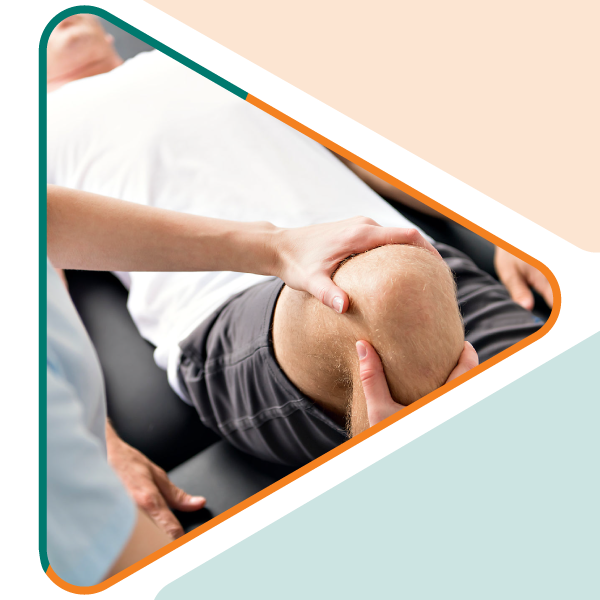
We are Salem’s best tertiary referral institute for trauma, sports medicine, and orthopaedic surgery.
Sports medicine encompasses fields such as sports physical assessment, sports performance enhancement, sports psychology, sports nutrition, and genetics. Our properly designed and dedicated sports medicine team can be of valuable additional support to the sports team by handling all such issues in a scientific and practical manner.
The goal of our sports medicine department is to offer comprehensive and advanced sports medical care to everyone, from professional athletes to ordinary people, so that each person can resume their preferred activity as soon as their injury is treated. We have an orthopaedic expert, a sports physiologist, a sports physiotherapist, a sports nutritionist, and trained nursing staff. They all specialize in treating athletic injuries of the joints, bones, tendons, ligaments, and cartilage, with a special focus on shoulder, knee, hip, foot, and ankle conditions. Our services in sports medicine include sports physical examination, sports performance improvement, sports psychology, sports nutrition, and sports genetics. We provide on field injury management and monthly scheduled educational sessions for athletes and coaches.
Every individual athlete undergoes a thorough medical examination in which valuable family history details and medical records of the particular athlete are documented systematically, which brings to light any hidden medical disorder which can potentially threaten the athlete’s performance and future. Our physician conducts a thorough examination of the athlete, including all vital systems such as the cardiac, respiratory, musculoskeletal, and nervous systems, in order to enhance their performance levels. We utilize the services of biomechanical experts and physiotherapists in providing subtle changes in the techniques of play that can, to a large extent, lead to an improvement in the standards of the individual players. We also make sure to assess the optimal zone of functionality of each individual athlete, offering them emotional support in times of repeated failures, priming them to accept both victories and defeats gracefully, and providing individual attention to female athletes. Our expert sports nutritionist collaborates with the athlete to create a diet plan, nutritional supplements, and performance-enhancing supplements that are tailored to their specific needs.
